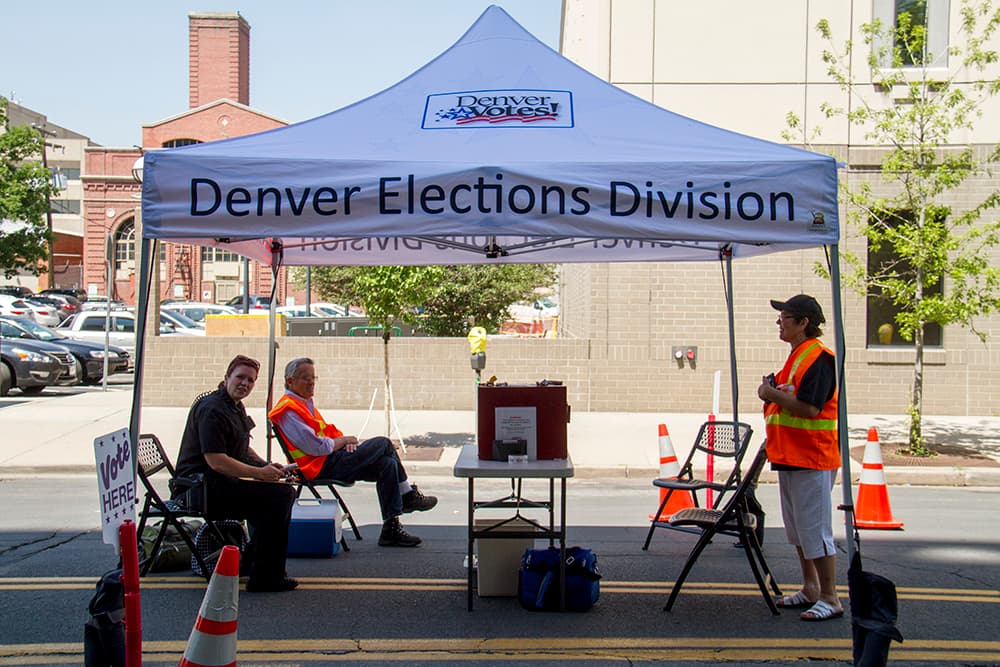Unaffiliated voters represent roughly a third of all registered voters in Colorado. Proposition 108 would let them participate in the June primary that the parties use to select their candidates for all offices except president.
Here's the language you'll see on your ballot:
Shall there be a change to the Colorado Revised Statutes concerning the process of selecting candidates representing political parties on a general election ballot, and, in connection therewith, allowing an unaffiliated elector to vote in the primary election of a political party without declaring an affiliation with that party and permitting a political party in specific circumstances to select all of its candidates by assembly or convention instead of by primary election?
Colorado ballot guide: Learn about the rest of this year's ballot measures.
What does that mean?
Right now, only party members can participate in primaries. Unaffiliated voters can affiliate at any time, including on Election Day, and they could change their status back to unaffiliated after the election. However, they cannot vote in primaries as unaffiliated voters.
This proposition would require that unaffiliated voters get a primary ballot with candidates from both the Republican and Democratic parties, but they could vote for only one set of candidates, not both.
Alternatively, if parties wish to keep their candidate selection process restricted to party members, they could use a convention or assembly instead of a primary. That decision could be made by a three-quarters-majority vote of the party's central committee.
Minor parties like the Green Party and the Libertarian Party could still exclude unaffiliated voters from their primary, if they're holding one.
Who supports it?
The Denver Metro Chamber and other business-oriented groups that support Proposition 107 also support Proposition 108. So does Gov. John Hickenlooper, former governors Bill Ritter, Bill Owens and Dick Lamm and the Metro Mayors Caucus.
Supporters argue that participation in party primaries is so low that we end up with candidates that appeal to a small number of the parties' most active members and allowing unaffiliated voters to participate would encourage more centrist candidates.
They also say it's unfair to exclude unaffiliated voters from a taxpayer-funded election. Hence, the provision that parties that prefer a closed process run it -- and pay for it -- themselves at a convention.
Who opposes it?
Some people worry the combined ballot for unaffiliated voters will be confusing and result in a relatively large number of ballots being tossed. That, in turn, could lead to contested elections and lawsuits.
The Republican and Democratic parties believe that as private member organizations, they should have the ability to maintain a closed primary.
Important programming note.
Propositions 107 and 108 are supported by the same people and campaign literature includes both measures. You can vote for one or the other. You don't have to vote for both.














